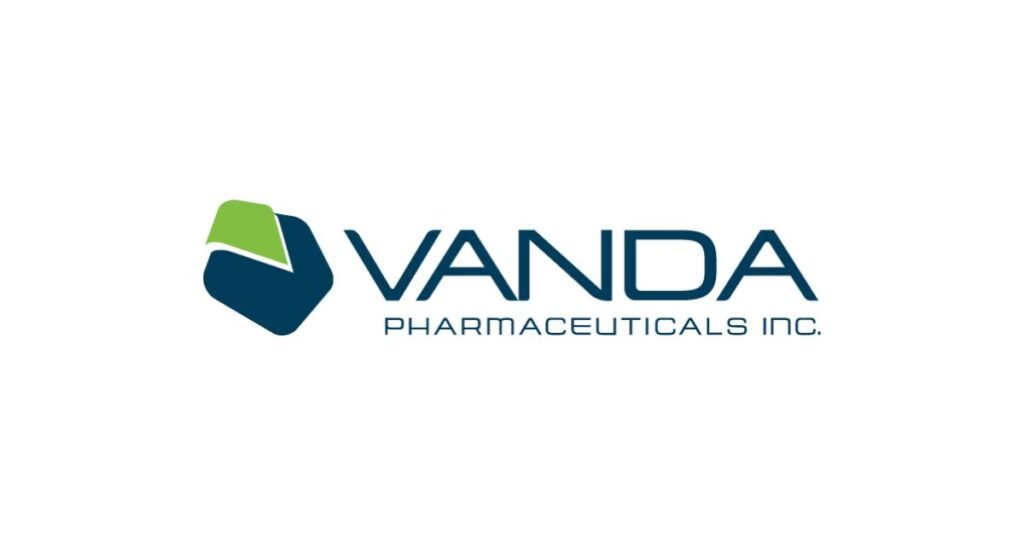Explore the key habits that set apart the best project managers in educational technology. Celebrate International Project Management Day with us and learn how to embody these practices for success.
Table of Contents
In the fast-paced and innovative environment of THOUSIF INCORPORATED’S, where learning is fueled by constant innovation, project managers stand at the forefront of transformation.
These individuals are not just managers but champions who convert visionary ideas into impactful educational solutions.
With International Project Management Day upon us, it is the perfect time to shine a light on the remarkable habits that distinguish these successful project managers.
This blog post delves into the habits essential for navigating the complexities of the educational technology (EdTech) landscape, offering insights that will empower and inspire current and aspiring project managers.
Vision and Goal Setting
Clear Vision and Goal Setting are paramount for project managers.
A successful project manager begins with a comprehensive understanding of the project’s ultimate goal and then breaks down the path to achieve it into actionable steps.
This approach keeps the project aligned and provides clear direction to team members, ensuring consistent progress.
- Key Habit: Developing a clear vision and setting specific, achievable goals.
Effective Communication
The cornerstone of project management is Effective Communication.
Successful project managers excel in articulating their ideas and expectations to stakeholders, team members, and across departments, fostering a culture of open dialogue and mutual understanding.
- Key Habit: Maintaining clear, consistent communication and active listening.
Planning and Organising
Planning and Organising are the hallmarks of effective project management.
Through meticulous planning and organisation, project managers ensure that resources are optimally allocated and the project timeline is adhered to, facilitating smooth progression toward milestones.
- Key Habit: Creating detailed plans and establishing clear roles and timelines.
Risk Management
Risk Management involves identifying potential hurdles ahead of time and formulating strategies to navigate or mitigate these risks.
This proactive approach is crucial for maintaining project momentum in the face of unforeseen challenges.
- Key Habit: Proactively identifying and mitigating potential project risks.
Adaptability
In the ever-evolving landscape of EdTech, Adaptability is critical.
Successful project managers are flexible and ready to adjust plans in response to new insights or environmental changes, ensuring the project remains relevant and impactful.
- Key Habit: Embracing change and adapting strategies as necessary.
Team Empowerment
Team Empowerment is about providing team members with the necessary tools, resources, and support to excel.
By fostering an environment of trust and professional growth, project managers build highly motivated and effective teams.
- Key Habit: Supporting and empowering team members to achieve their best.
Stakeholder Engagement
Successful project management is inherently tied to Stakeholder Engagement.
Engaging with stakeholders ensures that the project aligns with the needs and expectations of its intended audience, thereby enhancing its impact on education and learning.
- Key Habit: Actively engaging with stakeholders to align project outcomes with user needs.
Data-driven Decision Making
In EdTech, decisions backed by data have the power to significantly influence the success of a project.
Data-driven decision-making allows project managers to track progress accurately and adjust strategies based on concrete evidence.
- Key Habit: Utilising relevant data to inform project decisions.
Continuous Learning
The EdTech sector’s constant evolution demands that project managers be Continuous Learners.
Keeping abreast of industry trends and best practices enables them to apply the latest knowledge and strategies to their projects.
- Key Habit: Committing to lifelong learning to stay at the forefront of the industry.
Reflection and Improvement
Finally, Reflection and Improvement are critical for long-term success.
By evaluating what worked well and what could be improved, project managers foster a continuous improvement culture, enhancing future projects’ effectiveness.
- Key Habit: Engaging in self-assessment and applying lessons learned to future projects.
Conclusion
In conclusion, the dynamic EdTech landscape offers opportunities for those ready to embrace these ten key habits.
For project managers at THOUSIF INCORPORATED’S, and indeed for any aspiring to make a significant impact in the world of education, these habits are not just practices but essential components of their professional DNA.
As we celebrate the achievements and potential of project managers this International Project Management Day, let us also commit to embodying these habits in our journey towards creating transformative educational solutions.
Have these habits sparked any insights or reminded you of practices within your team?
We would love to hear about the habits you have adopted from your project management experiences.
Please share your stories in the comments below, and let us continue to learn from each other!






